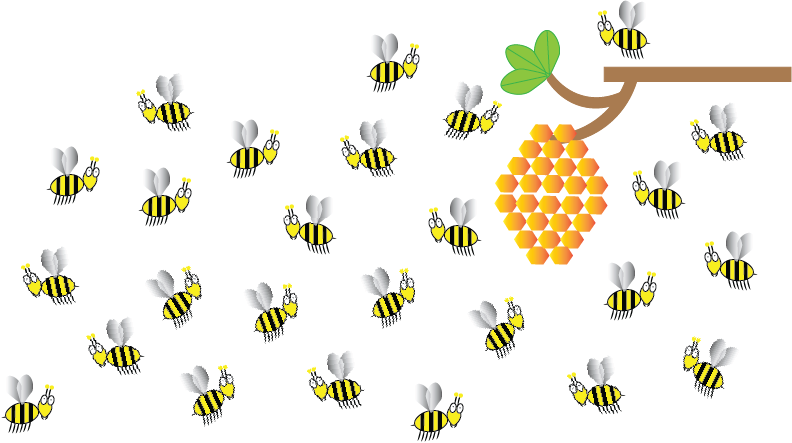My first real job was babysitting. But unlike my mother, my “babysitting” took on a very different form. I was one of several emergency care parents hired under a community grant to serve low-income families. Essentially, I cared for the children while their parents looked for work and permanent childcare.
The position took me into some of the most dangerous areas in Columbus, Ohio, and into difficult situations. Some situations were not safe and required that I reject the assignment, but the jobs I did take were often heartbreaking but always rewarding.
Todd (not his real name) was five years old when we met. He was the son of a single-parent living in a small flat on the near East side. I was placed in his home for several days. His mom had been out of work and was trying to settle into a new job. On the first day of the assignment, I opened the refrigerator door and found a few slices of cheese and a half pound of ground chuck. I pulled a box of noodles from a nearby cabinet and proceeded to make lunch from the limited ingredients.
Thirty minutes later, I placed the concoction in front of Todd. “Ewwwww,” he said, “I’m not going to eat that.”
His words startled me. Didn’t he know that I had worked hard to create lunch? Didn’t he know that I didn’t have much to work with? Shouldn’t he appreciate my efforts?
I felt the hairs bristle on my neck. I had made myself a promise. My finger would never twitch over someone’s lunch. Still…something inside me roared to life, and despite my best attempts to plaster my arm to my side, my hand broke free and landed in front of Todd’s face. I had become a woman possessed, twitching pointed finger and all.
“There are children starving in China, and you will eat this or stay there until you do,” I said.
For a moment, Todd silently sat at the table, staring at me. Then, he stood up and left the room.
What? No one ever did that to my mother. What should I do now? Should I go after him and drag him back to the table?
Several minutes passed while I considered my options. I was still pondering my dilemma when Todd returned, envelope, pen, and stamp in hand. He handed them to me. “Here,” he said, “Mail the meal to the children starving in China.”
He meant it. I could see it in his eyes. I also saw the sincerity on his face. Here was a child who really wasn’t trying to be difficult; he was truly concerned about the children in China.
“Even if the food would fit in the envelope,” I said, “it would be any good once it reached China.”
“Oh,” he replied.
My mother was a depression-era parent. Like this little boy, she knew what it was like not to have enough. In times of scarcity, food was gold and not be wasted. Growing up, I never thought of us as poor; we always had enough. But money was tight, and mom took her responsibility to provide very seriously.
Still, this little boy, who had barely anything in the house to eat, saw the situation in a different way. Whatever he had, however small, should be shared, even if it meant he would be hungry. I think my mother would actually have understood, maybe even have been proud of him. There is no doubt that she herself would have given the food on her plate to one of us if needed.
The past plays in the background of our choices. I have never gone hungry or worried about the next meal, but that small voice from my past still wants me to finish what is on my plate. I have learned to recognize her. She guides me to order smaller meals, split a meal with a friend, or box up the leftovers for later. Most of the time, that voice is useful. But then there is also the drive to overeat just in case that next meal doesn’t come. I recognize that voice, too; she is the one I ignore. I know better.




